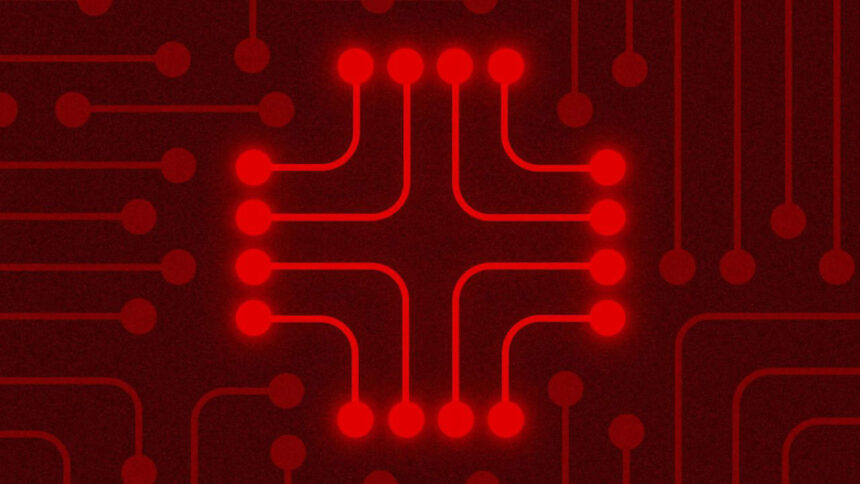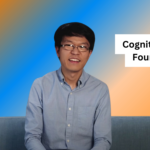In just one year since its launch, OpenAI’s ChatGPT has made significant inroads into the healthcare industry, disrupting traditional practices and paving the way for AI-powered advancements. From assisting in medical licensing exams to streamlining paperwork and contributing to research, ChatGPT is reshaping healthcare while sparking discussions on the promises and limitations of AI in the field.
The Accelerated Adoption of AI in Healthcare
Historically, the healthcare sector has been cautious in adopting new technologies, but ChatGPT and similar generative AI models have accelerated the integration of AI into various aspects of healthcare:
- Medical Licensing Exams: ChatGPT showcased its capabilities by successfully participating in medical licensing exams, demonstrating its understanding of complex medical topics.
- Reduced Paperwork: The model has shown potential in reducing the burden of paperwork for healthcare professionals. Studies explored its effectiveness in writing discharge summaries and radiology reports, with some noting its empathetic responses to patient queries.
- Research Assistance: Healthcare professionals are leveraging generative AI models to sift through vast amounts of research, helping them stay updated on the latest medical findings.
- Drug Discovery: In the pharmaceutical industry, generative AI is streamlining drug discovery processes, making them more efficient.
Challenges and Concerns
While the healthcare industry is experiencing a “wow” moment with the rapid adoption of AI, challenges and concerns persist:
- Misinformation and Bias: AI chatbots have been criticized for potentially generating misinformation and amplifying biases. Ensuring the accuracy and fairness of AI-generated content remains a critical concern.
- Role of Doctors: Despite AI’s advancements, there is consensus within the medical community that AI cannot replace the role of doctors in diagnosing patients. Research is ongoing to explore the extent of AI’s capabilities in the medical field.
- Biological Threats: The evolution of generative AI has raised concerns about its potential to create new biological threats, necessitating careful consideration of its applications.
The Hype Cycle and Realities of AI in Healthcare
The healthcare industry finds itself in the midst of the generative AI hype cycle, with numerous companies showcasing their use of AI at health tech conferences. While AI is undoubtedly powerful, the industry acknowledges that the current hype may exceed reality. The consensus is that AI is essential but unlikely to replace human intervention in the near future.
Conclusion
As ChatGPT continues to evolve and leave its mark on healthcare, the industry must navigate the balance between harnessing the power of AI and addressing the challenges it poses. The transformative potential of generative AI in medicine is undeniable, but a nuanced approach is necessary to ensure ethical, accurate, and beneficial integration into healthcare practices.










